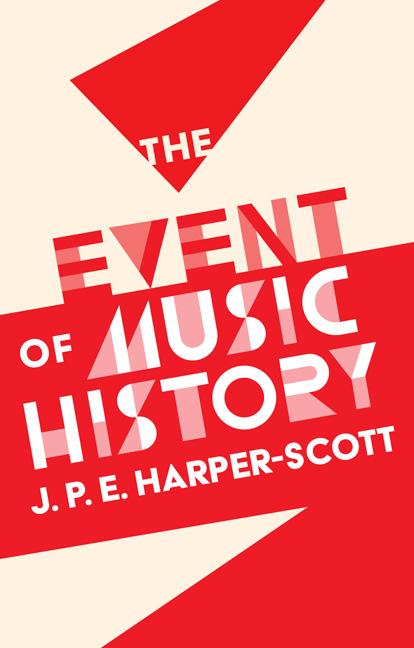1 - Music History Since the Fall of the Berlin Wall
Published online by Cambridge University Press: 27 March 2021
Summary
The Style Dualism
REFLECTING ITS ADVENT IN an age when the wonted relation between tradition and new forms of subjective experience had been cast into revolutionary doubt, the aesthetics of music composed, performed, and listened to in the decades after 1789 seemed preoccupied with a question: What kind of object is music? Is it a ‘work’, the product of creative labour by one or more human beings (operating at a level anywhere between genius and incompetence), whose identity as a work can be fixed by its notation in a score; an object to some degree autonomous from general history because it exists for its own internal compositional logic? Or is it some species of quantum sonic event discernible only in performance, which may or may not have a notated trace; its salient attribute not logic but expression (of an idea, an emotion, or the joy of bodily stirring)? If music is better understood as performance, then its essence is to be found in the social functions it discharges and supports; if it is better understood as a ‘work’, then in its disinterested and self-ruling inner workings we can descry a form of cognition without representational concepts, which betokens latent danger for a social world that it no longer assuredly flatters by imitation.
A more abstract and pointed question therefore forms the half-hidden foundation for the busy surface of musical activity: Is it possible to critique convention, and thus become free from it, or should one find a comfortable accommodation with convention, and so remain bounden to it? At this point music's theme discloses itself as an unexpected analogue to the political question asked in the 1770s and 1780s, first in the British colonies of North America and then in France: Should people be subjects of a monarch or citizens of a republic? And in this neither politics nor music was breathing peculiar air, as even the briskest scrutiny of developments in science or the other arts would corroborate. If urged to fix a name to the spectre haunting the age, one could do worse than submit that almost every theoretical, moral, practical, and amatory sphere of human activity was preoccupied with considering what to make of the call to emancipation – which can be considered the watchword of the unfinished project of modernity.
- Type
- Chapter
- Information
- The Event of Music History , pp. 13 - 40Publisher: Boydell & BrewerPrint publication year: 2021



